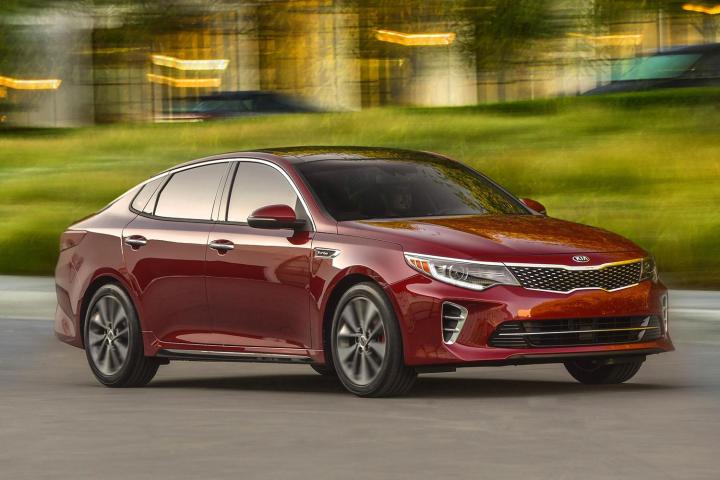
While some carmakers have promised mostly-autonomous cars by 2020, Kia will stick with systems that assist the driver, rather than those that take full control away. The carmaker will invest $2 billion through 2018 to put these systems into production before the end of the decade.
Kia says it is developing a “Highway Driving Assist” that combines the functions of a lane-guidance system and adaptive cruise control. It will automatically maintain a safe following distance, observe speed limits, and pass other cars without human involvement, the automaker says. At lower speeds, a “Traffic Jam Assist” will perform similar functions, allowing the car to creep through traffic on its own.
A more advanced system will supersede Kia’s current parking assistant. The “Remote Advanced Parking Assist System” will allow cars to park themselves without the driver onboard, Kia says. The driver will simply have to press a button on the key fob while within a certain distance of the vehicle.
All of these systems will form the building blocks for a fully-autonomous car, which Kia predicts will be ready by 2030. To make that happen, the carmaker says it will work with suppliers and other related companies on research into sensors, computing systems, and mechanical hardware.
Kia also expects its future self-driving cars to make use of vehicle-to-vehicle (V2V) communication technology. V2V uses a WiFi-like communications medium to allow cars to signal their locations to each other, and to infrastructure. Proponents of the technology believe it can create situational awareness beyond the limits of human senses, by warning drivers of potential dangers such as a vehicle in a blind spot.
Certain carmakers have promised production vehicles that can take over most driving duties by 2020, but Kia expects development to take a little bit longer. Given the newness of self-driving cars, it’s impossible to tell if Kia is being smart, or overly conservative.
Editors' Recommendations
- Tesla Autopilot vs. full self-driving: What’s the difference?
- Kia reinvents the van with its electric Platform Beyond Vehicles
- Cruise woes prompt production halt of fully driverless van
- Dubai Police to deploy driverless patrol cars with AI smarts
- Waymo expands robotaxi service area in San Francisco

